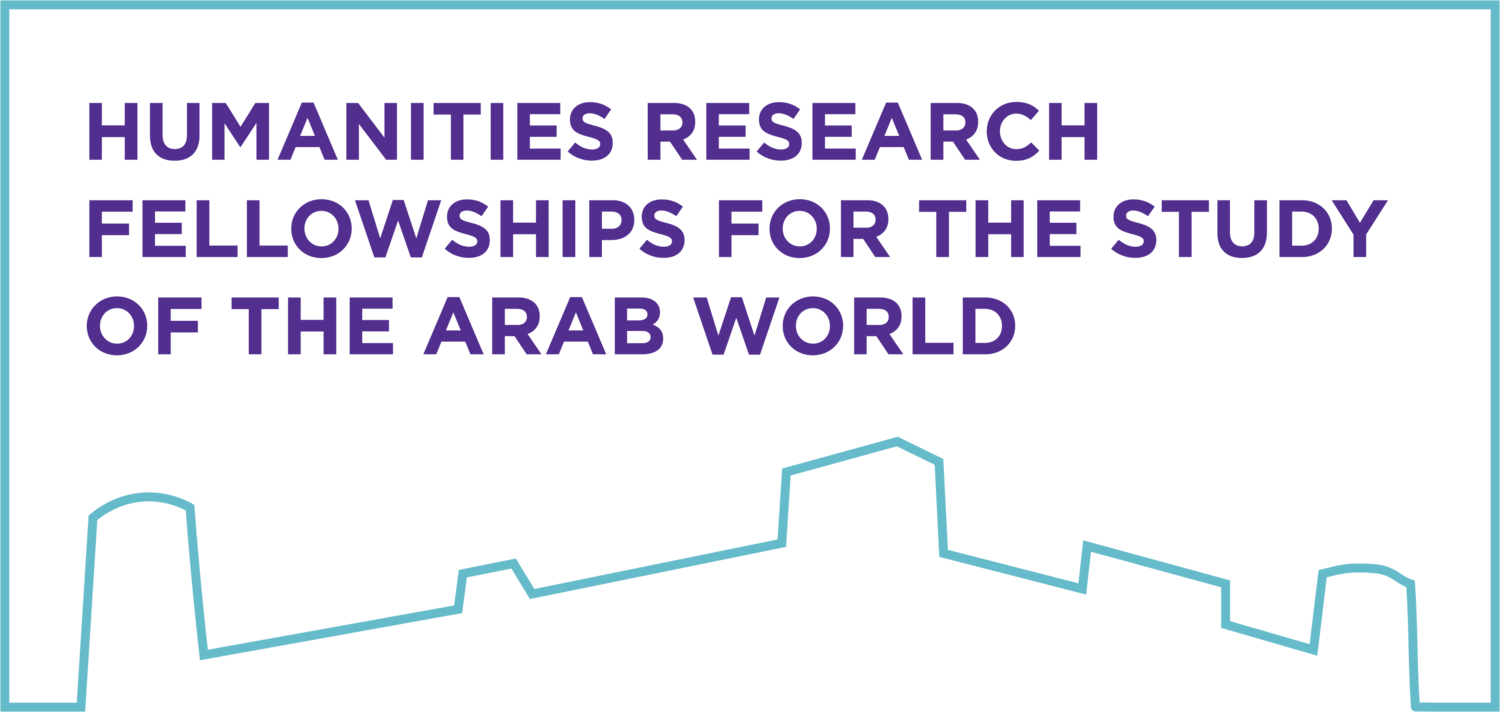This talk focuses on the Chouf-born poet, lawyer and translator Wadi’ al-Bustani (1888-1954) as he moves from Beirut, to Cairo, Hudaydah, Bombay, Transvaal, and finally Haifa. The first to translate Tagore into Arabic after a visit to Santiniketan in 1916, Bustani spent his life annotating and translating into Arabic the Mahabharata, the Ramayana, and Kalidasa’s Shakuntala. Alongside his self-professed and self-funded philological project, Bustani was one of the most important poets and lawyers in British Mandate Palestine, inspiring protest with his verse and litigating against land sales. By focusing on the interplay between Bustani’s political commitments in Palestine and his scholarly project, this talk uncovers a new history of global philological encounters and an enabling colonial frame, long hidden in the many narrations of Orientalism’s travel and Palestine’s colonization.
Esmat Elhalaby is a historian of the Middle East and Humanities Research Fellow at NYU Abu Dhabi. His research focuses on the Middle East’s global connections. Elhalaby’s current book project, Palestine, India, and the Making of the Global South, is an intellectual history of partition from the standpoint of its victims.
Speakers
Esmat Elhalaby, Humanities Research Fellow, NYUAD

